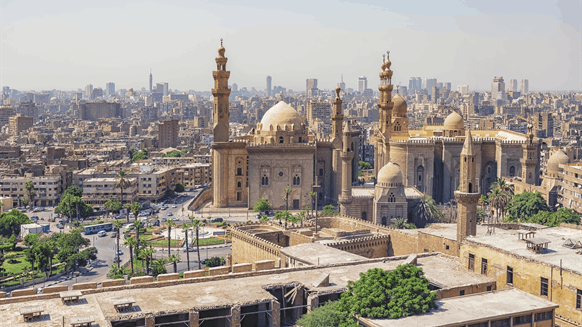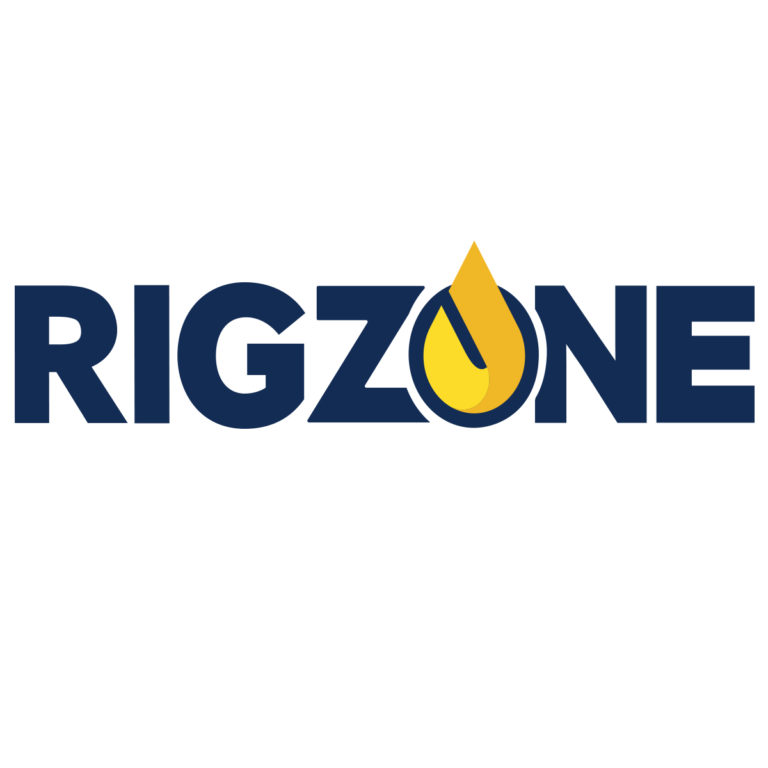
Egypt Sees 2025 as Earliest It Can Boost LNG Exports to Europe

Egypt aims to boost exports of liquefied natural gas by roughly 40% from 2025, with the bulk of the extra fuel shipments going to Europe.
The continent is rushing to secure more LNG from the Middle East, the US and other regions as it plans for a future with virtually no gas from Russia, by far its biggest supplier before Moscow’s invasion of Ukraine.
Egypt’s exports this year will probably remain flat at around 7.5 million tons, according to Energy Minister Tarek el-Molla. Its two LNG terminals on the Mediterranean coast are designed to ship 12 million tons annually, but reaching those levels will depend on Egypt pumping more gas and receiving more flows from Israel, he said.
“I would expect to reach full capacity by 2025,” el-Molla said in an interview in Cairo on Tuesday. “This is the time when the current drilling campaign that we are undertaking will materialize.”
While that will help bolster Europe’s energy security in the longer-term, it’s this year and 2024 when LNG global supplies will be particularly tight. Like Egypt, Qatar and the US are also expected to increased exports significantly from the middle of the decade.
Egypt and Israel are in talks to boost Israeli flows of piped gas to the North Africa country, el-Molla said. Much of that Israeli gas is re-exported as LNG from the ports of Damietta and Idku.
The two governments signed a memorandum of understanding with the European Union in June aimed at increasing volumes to Europe.
Egypt’s current flows make it a relatively small LNG exporter. But boosting them to 12 million tons annually would make it one of the world’s 10-biggest suppliers, at least based on last year’s figures.
Prices Still Good
El-Molla said Egypt won’t consider building new LNG terminals or expanding either of the existing ones until it has more gas to ship abroad. The country splits its LNG sales roughly evenly between long-term contracts and the spot market and will probably keep it that way, he said. The spot market’s sheer volatility — gas prices in Europe surged to almost $100 per metric million British thermal units in August before collapsing to $24 by the end of the year — means Cairo wants to avoid being too exposed to it.
Prices have dipped further to $16.50 per mmbtu but that’s “still good,” said el-Molla. “It’s covering our investments and there’s a good margin.”
He expects there to be about $8 billion of investment in oil and gas exploration in Egypt this year.
“There is a lot of interest from may international energy companies,” he said, adding that Exxon Mobil Corp., BP Plc and Shell Plc and others were keen to boost their upstream operations.
Egypt pumps about 600,000 barrels a day of oil, but almost all of that is used to serve its population of 104 million people.
It no longer hedges any imports of crude and refined fuel to guard against higher prices, according to the minister.
“With oil’s volatility, hedging is very expensive,” he said.
–With assistance from Samuel Dodge and Anna Shiryaevskaya.
Published at Wed, 15 Feb 2023 13:00:01 -0800



